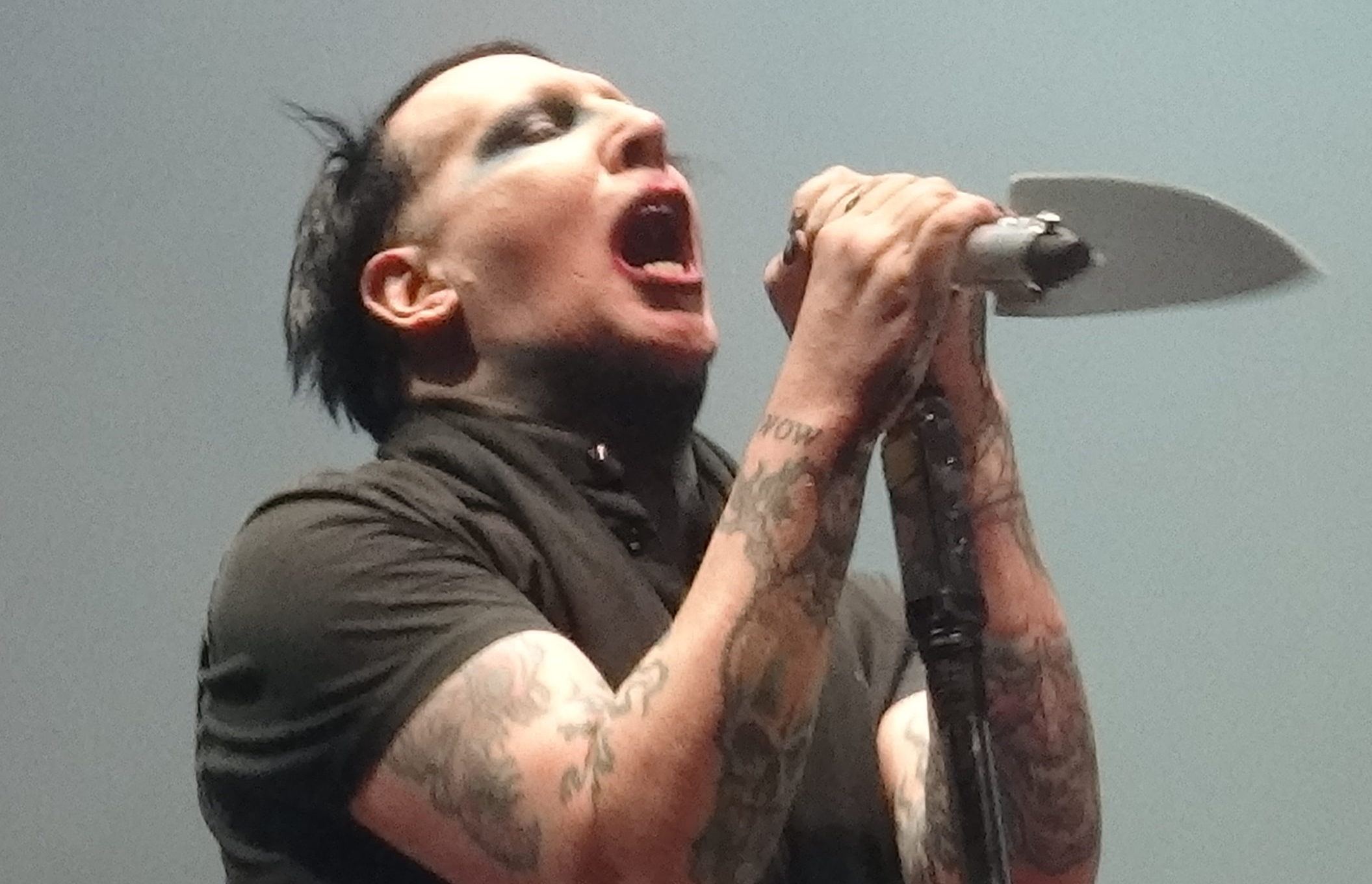Live music venues increasingly navigate treacherous waters between artistic booking and community accountability, but Brighton Centre‘s swift cancellation of Marilyn Manson’s October 29 show proves coordinated activism can rewrite the rules overnight.
The “One Assassination Under God” tour opener vanished from Ticketmaster listings after campaign group No Stage For Abusers mobilized local politicians and advocacy organizations. Green Party MP Siân Berry‘s open letter to Brighton & Hove City Council carried signatures from Survivors’ Network, University of Sussex Students’ Union, and multiple community groups—creating pressure few publicly-funded venues can withstand.
Public ownership changed everything here. Private venues might weather protest storms, but Brighton Centre answers to taxpayers and elected officials who questioned platforming an artist facing multiple abuse allegations from high-profile accusers including Evan Rachel Wood and Esmé Bianco.
The Domino Effect Begins
Bournemouth International Centre now faces similar scrutiny, with local council leadership publicly questioning whether Manson’s show aligns with community values. While not yet cancelled, the review signals venues across the UK are reconsidering controversial bookings through accountability lenses rather than pure commercial calculations. This shift mirrors how venues now scrutinize artist catalogs more deeply—similar to how Metallica’s 245 unreleased Load-era tracks forced fans to confront the band’s most divisive creative period.
“The level and nature” of allegations against Manson fundamentally conflict with community safety standards, activists argued—a position gaining traction as venues recognize reputational risks outweigh single-show profits.
Ticketmaster processed refunds automatically, acknowledging what industry insiders knew was inevitable: when community pressure meets public venue ownership, the mathematics shift dramatically.
This cancellation reflects venue booking’s new reality—where social media campaigns, political pressure, and community organizing can override traditional artist-venue contracts. Like streaming algorithms reshaping radio, activist pressure is rewriting live music’s moral mathematics.
Your next controversial concert ticket might depend less on artist popularity and more on community tolerance levels—a fundamental shift that’s transforming venue programming from entertainment calculation to ethical evaluation.


























